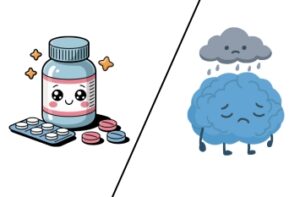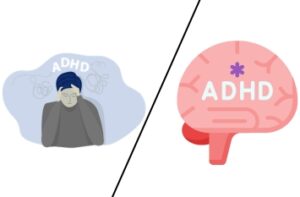
When Medication Isn’t Enough: Exploring Advanced Depression Treatments in Frisco, TX
When Medication Isn’t Enough: Exploring Advanced Depression Treatments in Frisco, TX Depression is a complex medical condition that affects mood, energy, motivation, sleep, and overall



